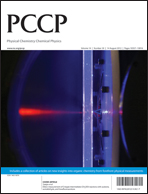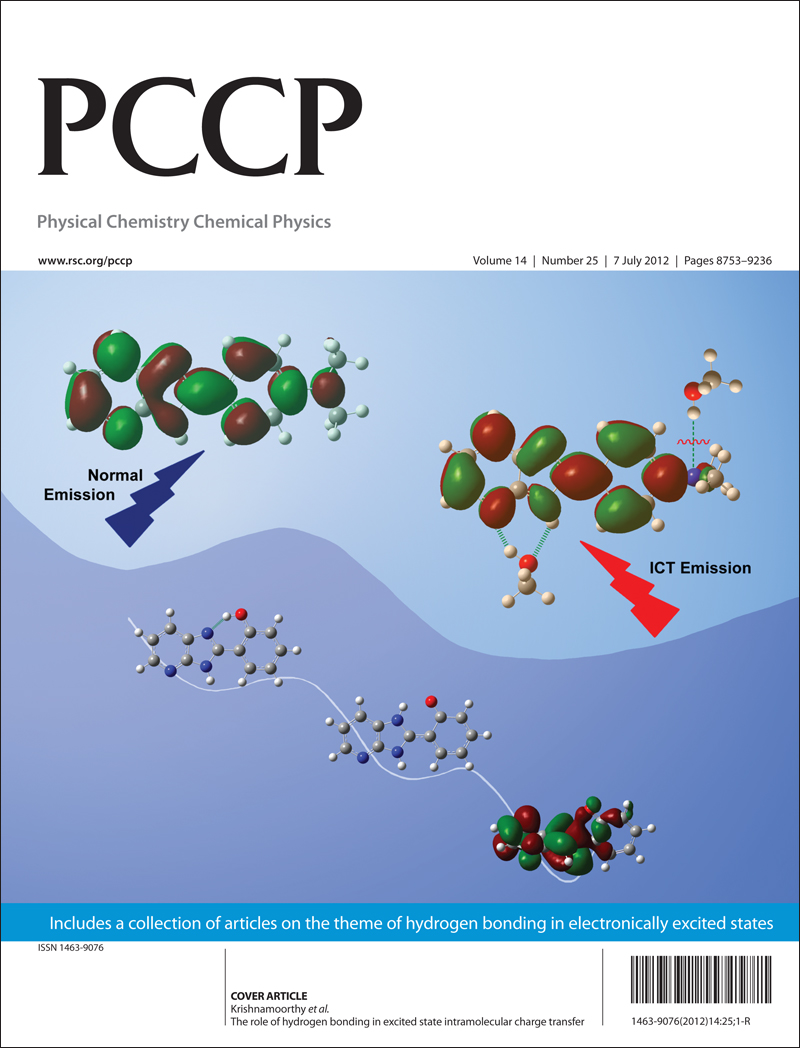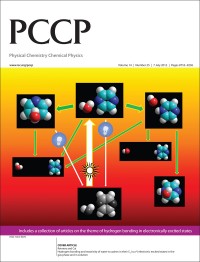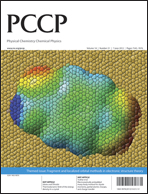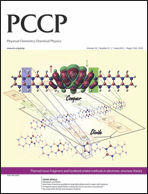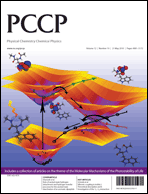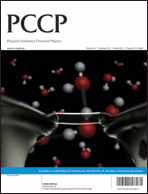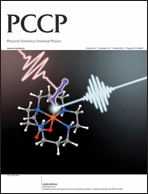PCCP is delighted to announce the online publication of Issue 30 which includes a themed collection on New Insights into Organic Chemistry from Forefront Physical Measurements, guest edited by Barry Carpenter, Cardiff University, UK.
The outside front cover features an article on the Direct measurement of Criegee intermediate (CH2OO) reactions with acetone, acetaldehyde, and hexafluoroacetone by Craig A. Taatjes, Oliver Welz, Arkke J. Eskola, John D. Savee, David L. Osborn, Edmond P. F. Lee, John M. Dyke, Daniel W. K. Mok, Dudley E. Shallcross and Carl J. Percival.
This themed collection contains a broad range of articles including the highlighted Editorial and Perspective below:
New insights into organic chemistry from forefront physical measurements
Barry K. Carpenter
Phys. Chem. Chem. Phys., 2012, 14, 10376-10376
DOI: 10.1039/C2CP90109A
Ultrafast time resolved studies of the photochemistry of acyl and sulfonyl azides
Jacek Kubicki , Yunlong Zhang , Jiadan Xue , Hoi Ling Luk and Matthew Platz
Phys. Chem. Chem. Phys., 2012, 14, 10377-10390
DOI: 10.1039/C2CP40226B
Issue 30 also includes these additional high-profile Perspectives from PCCP’s broad scope:
- Rate constants and mechanisms of intrinsically disordered proteins binding to structured targets
Huan-Xiang Zhou , Xiaodong Pang and Cai Lu
Phys. Chem. Chem. Phys., 2012, 14, 10466-10476
DOI: 10.1039/C2CP41196B - Sub-nm resolution depth profiling of the chemical state and magnetic structure of thin films by a depth-resolved X-ray absorption spectroscopy technique
Kenta Amemiya
Phys. Chem. Chem. Phys., 2012, 14, 10477-10484
DOI: 10.1039/C2CP41085K - Adsorption of DNA onto gold nanoparticles and graphene oxide: surface science and applications
Juewen Liu
Phys. Chem. Chem. Phys., 2012, 14, 10485-10496
DOI: 10.1039/C2CP41186E - Self-healing superhydrophobic materials
Leonid Ionov and Alla Synytska
Phys. Chem. Chem. Phys., 2012, 14, 10497-10502
DOI: 10.1039/C2CP41377A
Take a look at the issue today!


